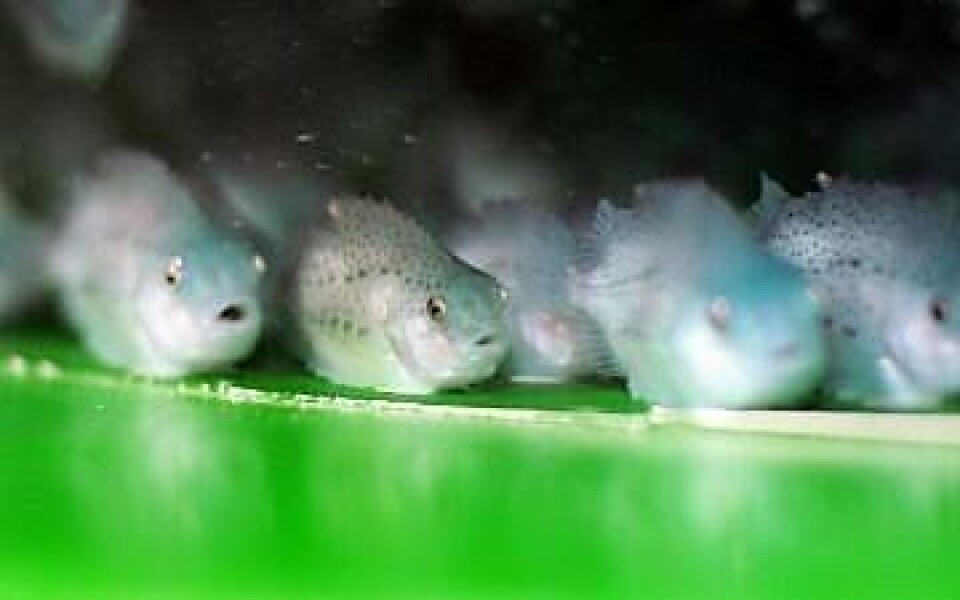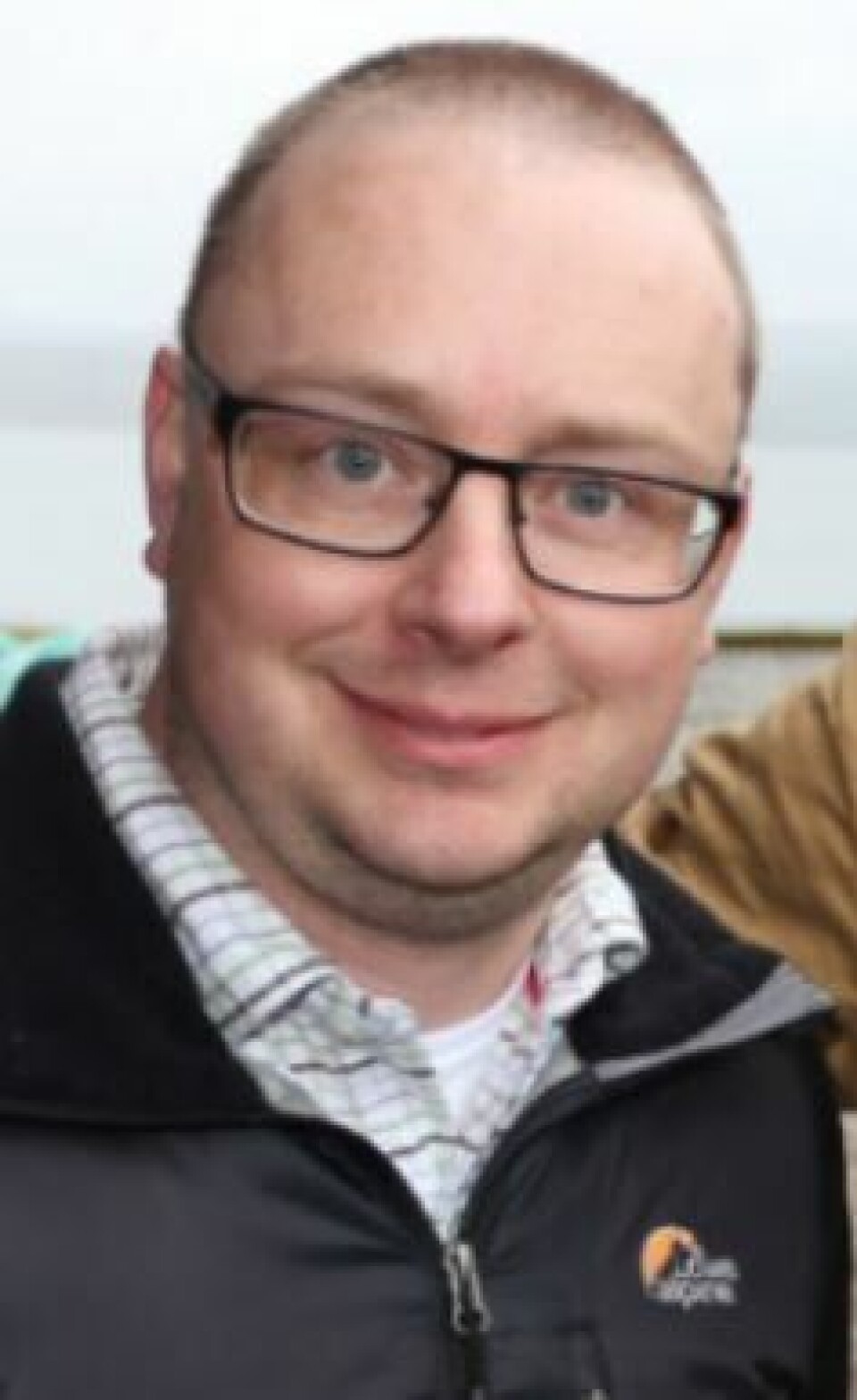
Genetic search for better fish wins £1.7m funding
Improved disease resistance and growth rate for salmon and lumpfish are being targeted in a major research collaboration.
AquaLeap, which aims to boost stocks of aquaculture species important to the UK, has been given £1.7 million from UK government science funding bodies.
The study will bring together academic and industry scientists to focus on the selective breeding of four key species that have substantial economic and environmental importance for the UK: the European lobster, European flat oyster, lumpfish and Atlantic salmon.
DNA markers
The team will use genetic sequencing technologies to identify DNA markers linked to economically important traits, such as disease resistance or growth rate. They will then use this information to help develop and apply new tools to improve breeding programmes.
The interdisciplinary consortium is led by the University of Edinburgh’s Roslin Institute in partnership with Stirling University’s Institute of Aquaculture, the Universities of Aberdeen and Exeter, and the Centre for Environment, Fisheries and Aquaculture Science (Cefas).
The industry partners involved in the study are: Hendrix Genetics BV, Xelect, The National Lobster Hatchery, Tethys Oysters, Otter Ferry SeaFish, and the Scottish Aquaculture Innovation Centre.

Innovative project
Dr Andrew Davie, a senior lecturer at the Institute of Aquaculture, is a principal investigator on the project, funded by the Biotechnology and Biological Sciences Research Council (BBSRC) and Natural Environment Research Council (NERC) under their UK Aquaculture Initiative, and the Scottish Aquaculture Innovation Centre (SAIC).
Davie said: “We welcome the launch of this innovative and collaborative project which will see the Institute of Aquaculture work with academic and industry partners to improve selective breeding of stocks vital to the UK aquaculture sector.
“As part of AquaLeap, our work at the Institute of Aquaculture will focus on the development of resources to enhance the selective breeding of lumpfish, which are produced as cleaner fish for biological control of sea lice in salmon farming.”























































